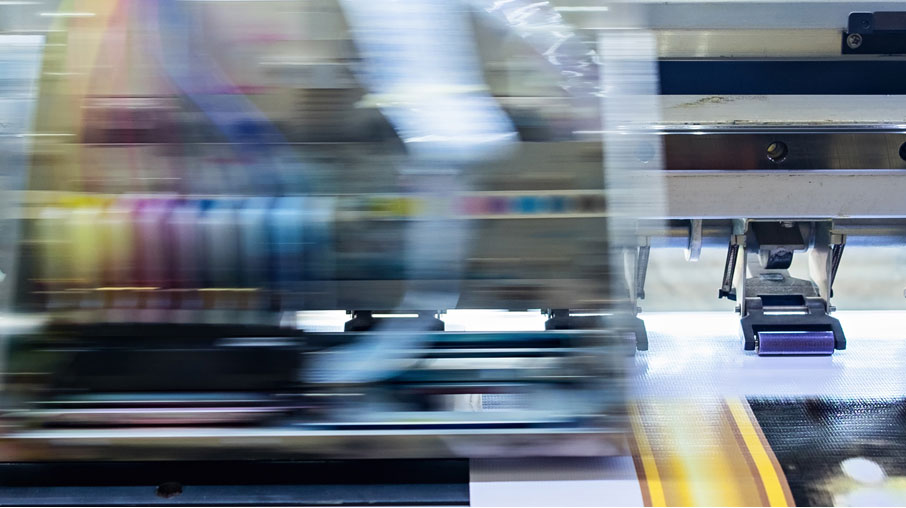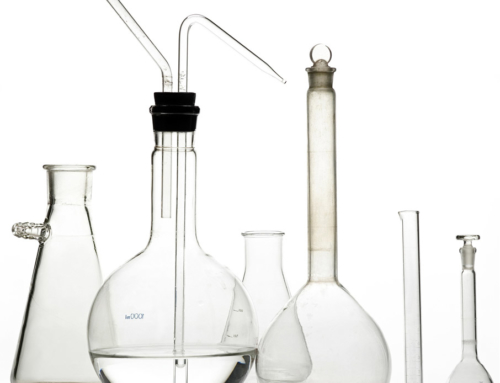It’s not enough to use the world’s finest cotton in our linens. We wanted our designs to be printed with not only the best quality of reproduction, but by the most eco- and human-friendly means. ZayZay only uses digital printing. Your ZayZay linen has a significantly smaller carbon footprint than a traditionally manufactured bed linen.
Digital printing is exponentially kinder on the environment in its usage of energy resources and water-based inks compared to rotary (screen or traditional) textile printing. The traditional printing process uses toxic petroleum-based inks and generates high volumes of polluting effluents and VOC (Volatile Organic Compounds) emissions. Digital printing requires a minimal amount of water-based inks whereas rotary printing uses a surfeit of petroleum-based inks. There is a great deal of ink and resource wastage with traditional printing. Products go through the printing process several times. With the precision of digital printing, the exquisite colours and designs go through the printer only once — there is no layering of inks.

All of our inks are non-toxic eco-friendly water-based inks, so no harmful chemicals have gone into the printing of your duvet cover. The efficient digital printing process minimizes – to the extreme – any wastage of ink. Unlike traditional printing, digital printing is optimal for detail, from brilliant colour to subtle blends.
So why don’t all the manufacturers do this? Frankly, traditional printing methods and oil-based inks are cheaper. When a company is focused solely on its bottom line, its concern about environmental impact is null. With the traditional printing process infrastructure already in place, most manufacturers are reluctant to move away from fossil fuels and existing equipment. In fact, statistics show that only 5% of the home décor and clothing industries has made the switch to digital. While some 30% of the textile printing is now done digitally, the bulk of those products are banners and signage.

We are proud that our products are OEKO-TEX- and APCER-certified annually. While we are not required to have this certification, we believed it was a necessary part of our accountability to ourselves, the workers, the environment, and you. When you look at the impact of high energy usage, water waste, toxic, and cancer- and birth defect-causing sludge directly polluting rivers and streams, the choice for us was crystal clear.




